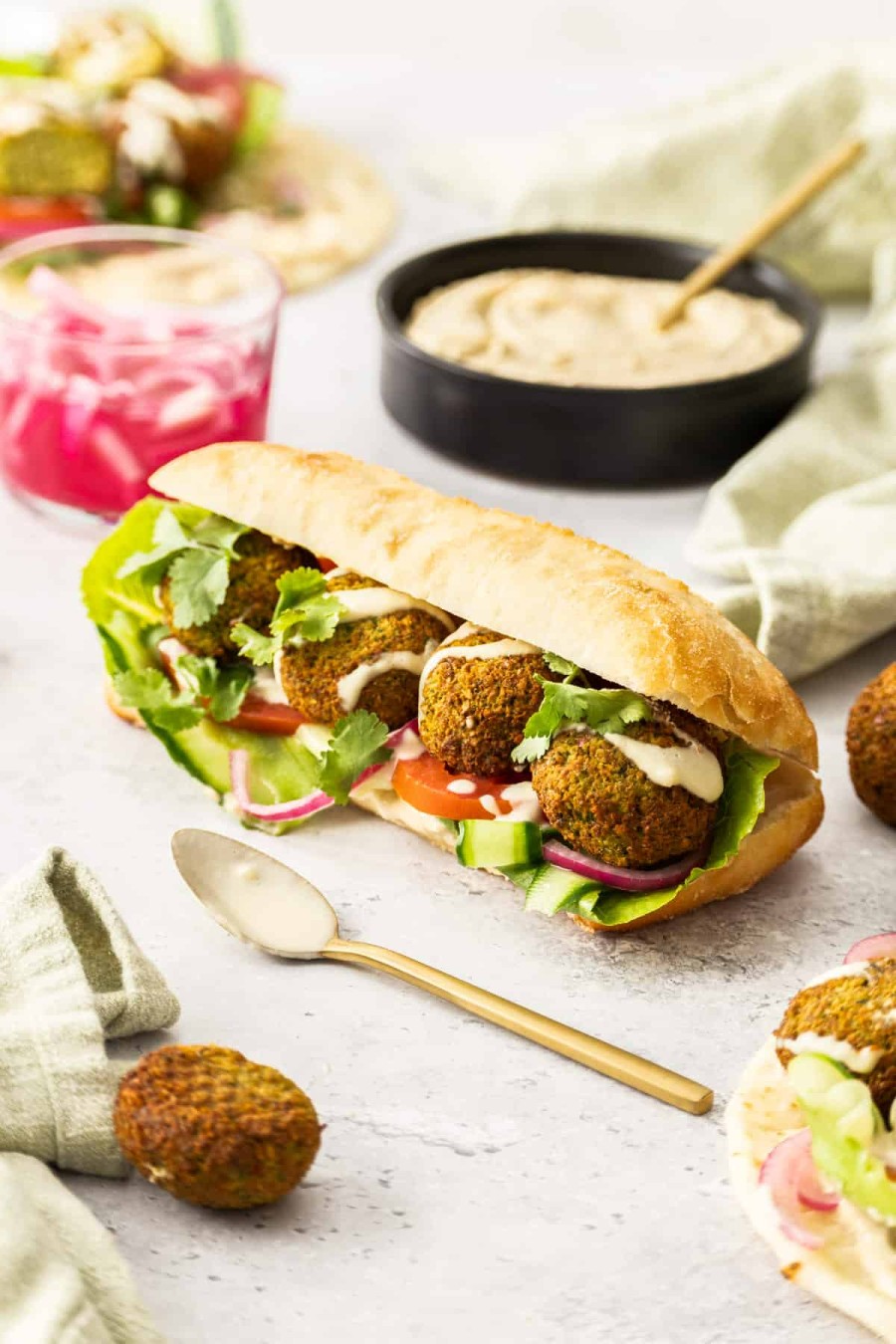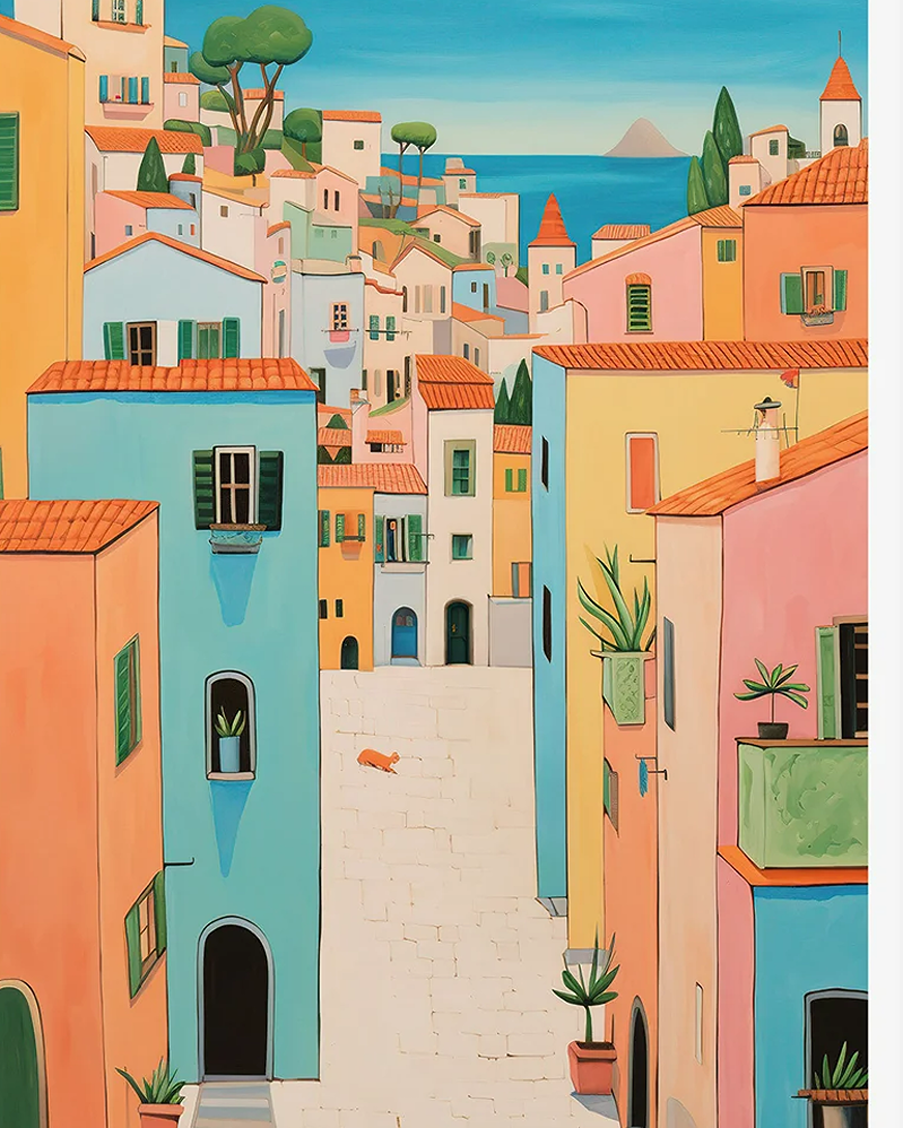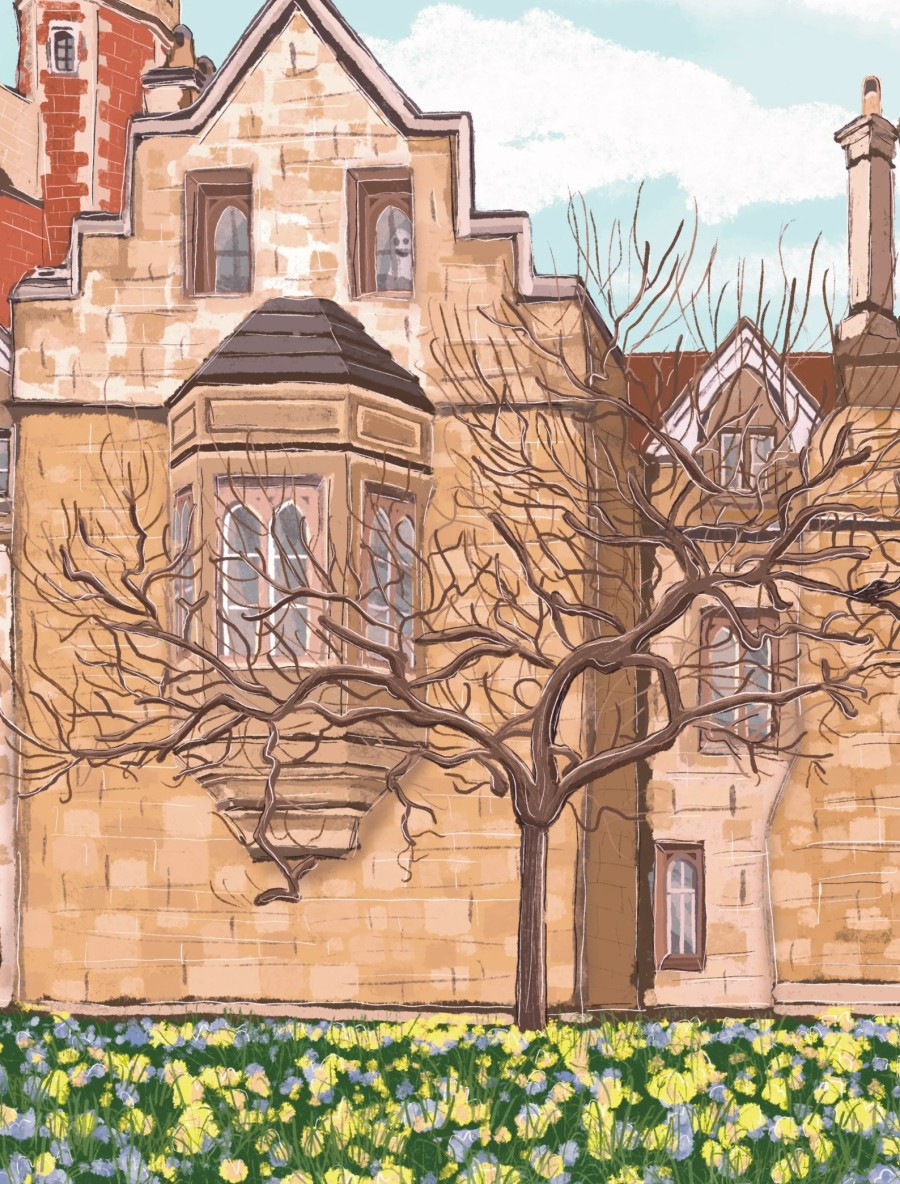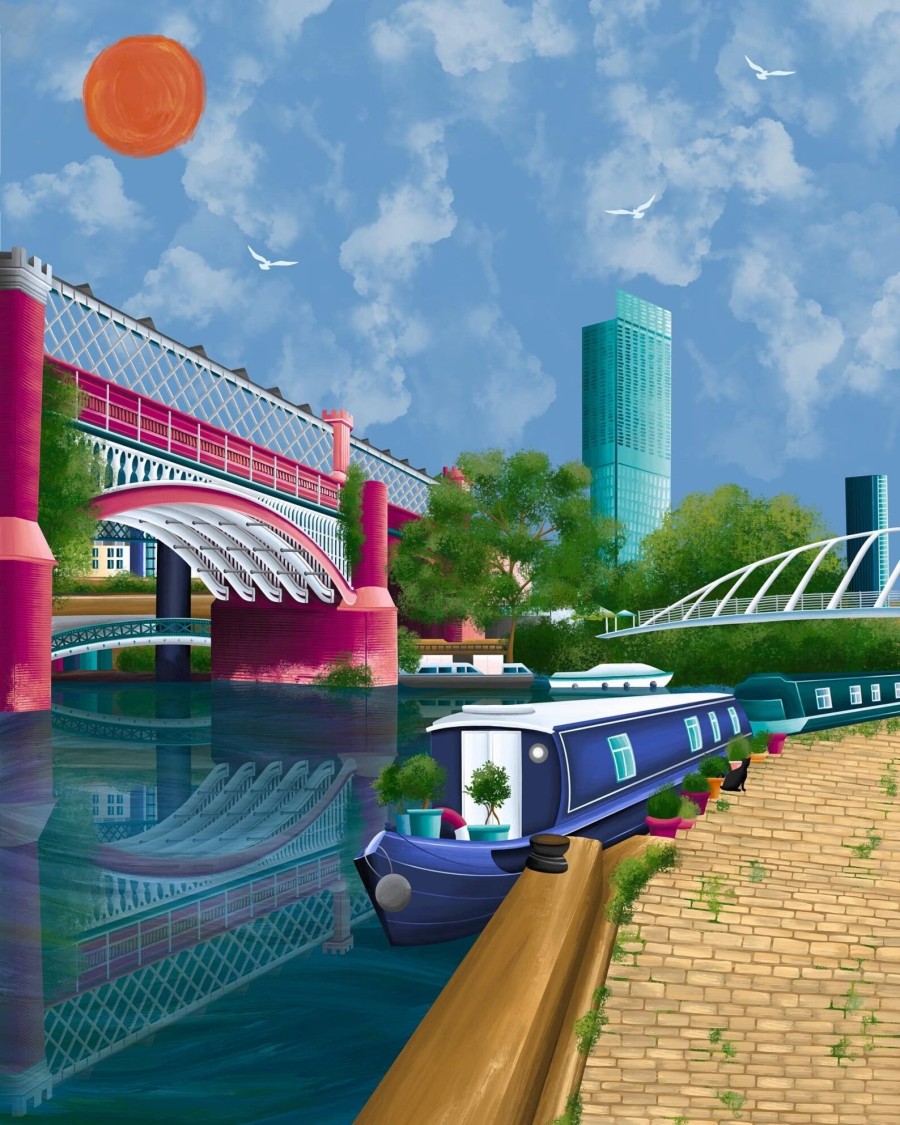
England’s Midland counties are full of canals, a throwback to the days before the Industrial Revolution. When lorries or trains were not yet invented, goods would be shipped by canal to London. Today most canals are simply for leisure use – either for boating or riverside walks. But all canals still are home to lots of native wildlife (from otters to kingfishers) and so it’s important to keep them clean.
Keep dogs on leads near canals (especially near ducks) and likewise children, as banks can be steep. Don’t swim in canals, as rivers can carry disease.
You may think you don’t live near a canal, but you probably do. There are over 2000 miles of canals across England and Wales, and nearly everyone lives within a few miles of one. And even if you don’t see them, in the quiet canals come alive with the flapping of bat and barn owl wings, the honk of Canada geese, the buzz of bees and flutter of butterfly wings. Canals are also home to endangered water voles.
The main issue (like everywhere) for canals is litter. Around 14 million items of plastic waste are found each year by clean-up groups. You can volunteer to clean up local canals. Also report (by phone or email) canal litter, discarded needles and fly-tipping to Canal River Trust.
The rest of us can help by dropping plastic (or cigarette butts). If you boat on a canal, choose unscented biodegradable cleaning/beauty/laundry brands and wash synthetic fibres in a microplastic catcher (you can buy ones to fit over a sink, for hand-washing). Ensure fenders are secured (except bow and sterm fenders), to avoid them ending up at the bottom of locks.
books that meander along our canals
- Water Ways: One Thousand Miles Along Britain’s Canals is by slow adventurer Jasper, who spent a whole year exploring these amazing feats of engineering by foot and bike and kayak, or living on a narrowboat. Today there are more boats on our canals than in their Victorian heyday, alongside a world of wildlife corridors, boating communities and remote towpaths.
- The Bookshop That Floated Away is the funny story of Sarah, who asked her bank manager for a £30K loan, to buy a narrowboat and a small hoard of books, to open a floating bookshop. The manager said no. But The Book Barge opened six months later, and soon had local happy readers, eccentric requests and the odd moorhen. Along the way she bartered books for food and cake, suffered a flooded engine, went out to sea, got banned from Bristol and (on several occasions) floated away altogether!
- The Narrowboat Guide a revised edition of the classic book for anyone who is thinking of owning and maintaining a narrowboat. From those who live aboard to fair-weather cruisers, the book is packed with case studies and advice from experienced barge boaters. Includes information on heating, lighting, hot water, solar power, mooring, the ‘boating highway code’, maintenance and legal stuff.
- Discovering London’s Canals is for city dwellers to discover their capital in a new world, away from the hustle-bustle of busy streets and towering skyscrapers. The waterways offer a tranquil paradise that’s full of wildlife, coloured narrowboats, lush greenery and an environment steeped in history. Find canal walks that take an hour or two, or go for a longer stroll.
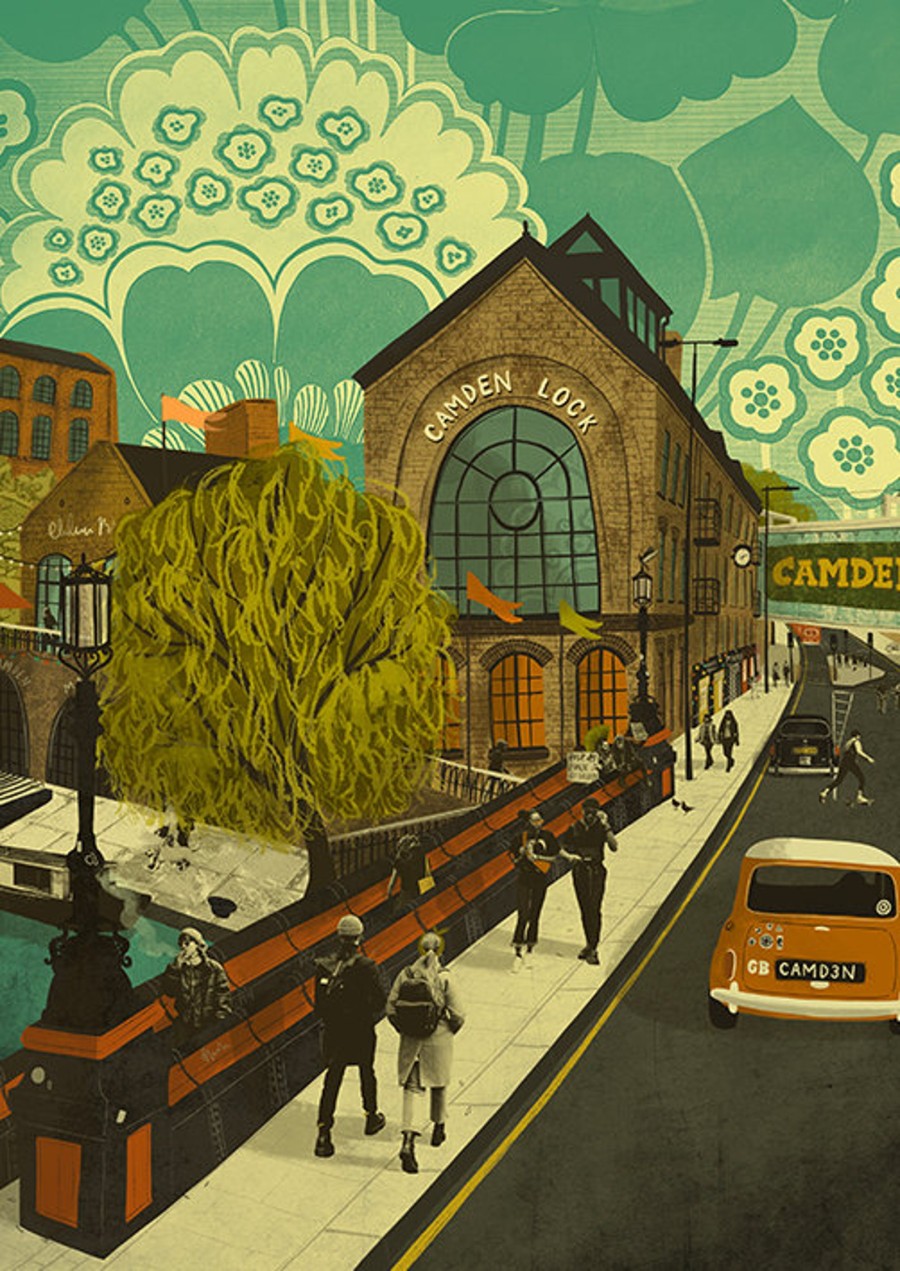
Camden Lock is a popular walking route within the London borough of Camden, north of Hampstead Road Locks, which it twins (counting as a single lock) with Hawley Lock and Kentist Town Lock also combined, to save water. In recent years, the area has been mostly known as the setting of TV AM breakfast TV in the 1980s.
can we learn anything from Venice?
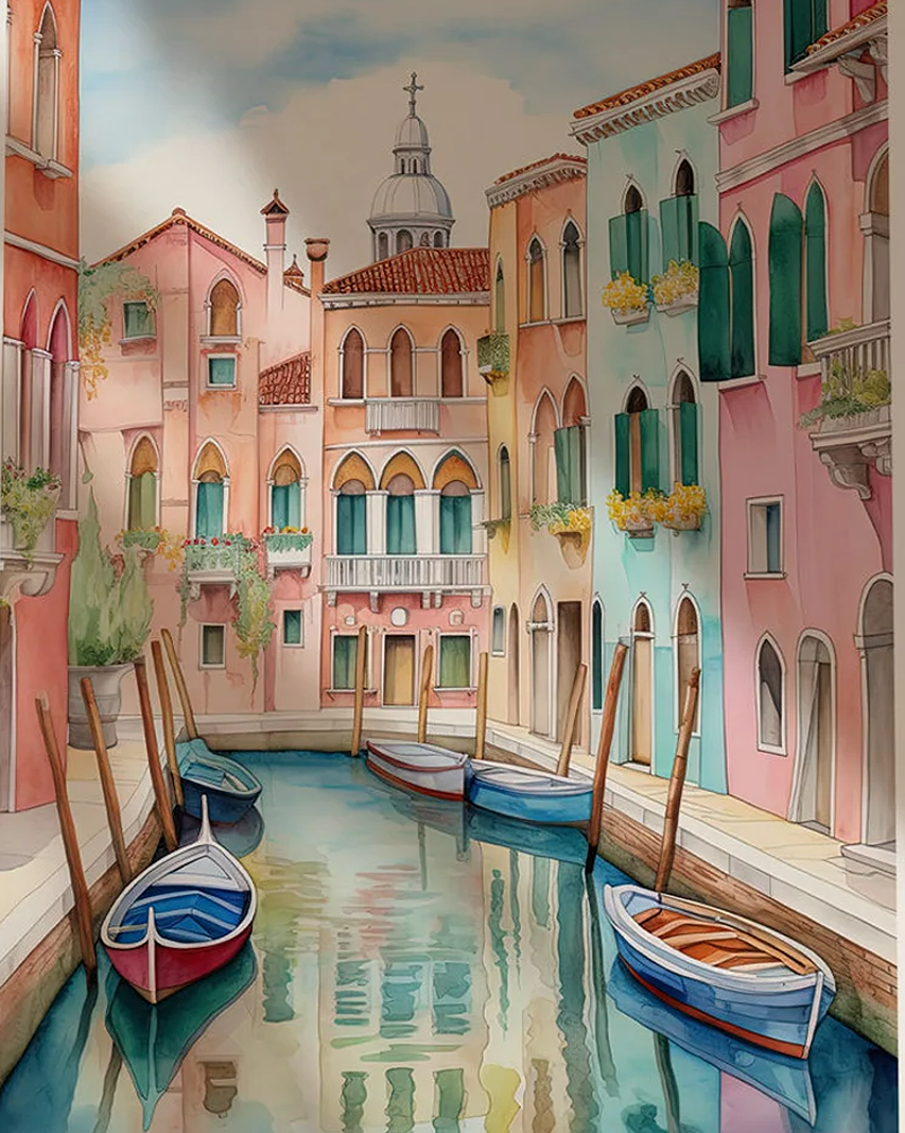
Of course, when we think of canals, Venice often comes to mind. And we know that the city does a fantastic tourist trade (gondolas apparently are highly-trained and earn a good living). But we also hear of things like dead rats floating down the river. Which is true?
The city of Venice has 150 canals all linked by bridges, and they were built by man around the 5th century. The water used to be clean (too salty to drink) but now of course they are plagued by pollution and litter. However, the city does spend a lot of money cleaning it up, in order to appeal to tourists, which brings in most income.
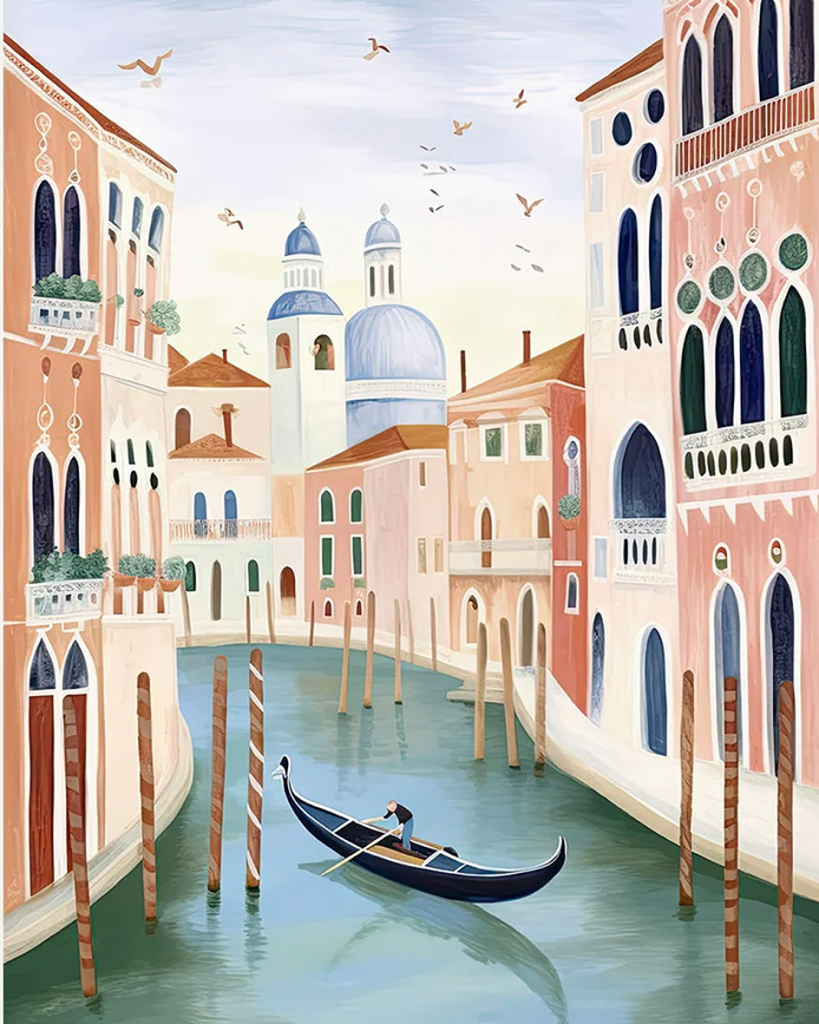
During the COVID pandemic, the murky green water became crystal clear enough to see fish below, which shows that it was pollution that was causing the issues. The city also asks tourists to use their many water fountains, to try to dissuade tourists from buying (and sometimes) dropping) plastic water bottles. However all the rubbish bins are collected six days a week so you won’t find them overflowing with litter. On Sunday they have a rest (this is Catholic Italy – they go to mass instead!)


